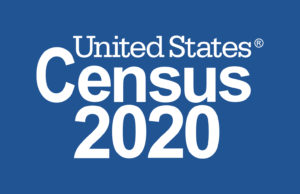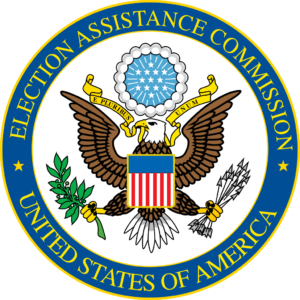
People have been counted in the census every 10 years since 1790.
April 1, 2020 is Census Day.
The United States Census happens every 10 years and counts every person living in the U.S. and the five U.S. territories. It includes questions on participant demographics and is confidential. The University of Michigan is coordinating Census 2020 awareness efforts across campus, and with the city of Ann Arbor.
For Census 2020 information visit
2020census.gov.
For Information on University Census efforts visit the Ginsberg Center’s website.
To participate in Census-related University events, visit
Happenings@Michigan and search Census
Internal and external partners committed to the Census 2020 effort include, but are not limited to the following:
City of Ann Arbor
The City of Ann Arbor‘s mission is to deliver exceptional services that sustain and enhance a vibrant, safe and diverse community.
Edward Ginsberg Center
The Ginsberg Center works with students, faculty, and staff across campus to advance knowledge, skills, and commitment to socially responsible civic engagement. Democratic engagement – including non-partisan voter engagement, civics and media literacy, and dialogue across difference – are crucial components within the full scope of our civic engagement work.
The Office of the Vice President for Government Relations
The Office of the Vice President for Government Relations directs the University’s interactions at the local, state, and federal levels. This includes planning and developing the institution’s response to proposed legislation; analyzing and assessing legislative, administrative, and regulatory activities as they pertain to University programs, activities, and operations; and developing and maintaining effective relationships with governmental agencies and officials.
Student Life
Student Life is committed to student learning and the development of the whole student in a diverse campus community. Through our programs, services, facilities and partnerships, we facilitate students’ transformation and enrich their education.
UMSocial and Public Engagement
UMSocial maintains the strategic direction and development of all University-wide social accounts, as well as college, school, and program presences. UMSocial also maintains an official inventory of accounts, provides consultation services and training, and offers best practices. The office is focused on encouraging collaboration and promoting a unified campus message. UMSocial staff members also oversee the daily content management of central social platforms and disseminate messaging that promotes University-related initiatives.
U-M Public Affairs
The U-M Public Affairs staff forecasts and manages emerging issues and handles crisis communication for the University; responds to media inquiries involving University executives and other senior administrators; serves as the central public voice for the University; develops communication strategies to advance major University priorities and initiatives; and advises individuals and units throughout the University regarding communications.


